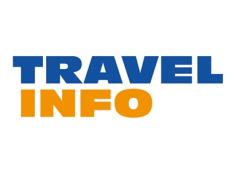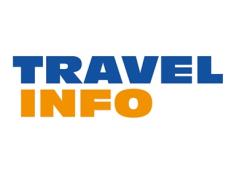An international credit card syndicate has hit several agencies, putting agents at risk and highlighting issues with processing foreign cards.
Charlene Freiman Scott, team leader at Johannesburg-based Sure Travel Innovations, recently assisted authorities, with the help of RiskWise, a forensic and risk solution company, to facilitate the arrest of a suspect involved in the syndicate.
In early March, Charlene received several bookings from four men, for air tickets on behalf of several passengers flying between Johannesburg and Lagos/Accra. The ‘clients’ all provided her with their passport documents and the physical credit cards for imprints to be taken.
But despite the transactions being authorised, Charlene became suspicious. After many phone calls and emails to several overseas institutions, Charlene was able to get in touch with the bank in The Netherlands and verify that the card was, in fact, counterfeit. With assistance from RiskWise, Charlene alerted the authorities with the documentary evidence, who then set up a sting at Travel Innovations’ offices and arrested the suspect. The case is now under investigation.
Christo Snyman, certified fraud examiner and managing member of RiskWise, explains that often international credit cards are compromised but not reported lost or stolen so the transaction is authorised. The tickets purchased with the counterfeit cards are then either sold on the black market or used to perpetrate further criminal acts, such as drug trafficking.
To protect themselves, travel agents need to become familiar with the security features on international credit cards and make sure that they perform the proper acceptance procedures, such as acquiring the authorisation code and imprinting the card. If agents do not follow the correct procedures, they run the risk of being held liable, Christo notes.
An easy way for agents to confirm the authorisation code of the credit card is to put the card through the speedpoint in their office, charging a small transaction fee, and checking the print-out to see if the details on the slip match that on the card.
Agents should also be on the lookout for red flags. These include emails sent from Hotmail or Gmail accounts, clients who are using three or four credit cards to purchase tickets or who are buying tickets for various third parties. Another clue is the routings requested, which are often to Nigeria or South America, says Christo.
“Most importantly, if you feel uncomfortable with the transaction, walk away. You don’t want to get yourself involved in a dangerous situation.”
If travel agents are suspicious of the validity of a credit card, they should phone the acquiring bank and get hold of the correct telephone numbers for MasterCard or Visa, he advises.
Asata is meeting with the relevant banking authorities and GDS companies to address issues of fraud in the travel industry particularly when it comes to international credit cards.
The association is working with RiskWise to set up a series of ‘Fraud Prevention’ workshops for the travel industry in late April/early May. The workshops will focus on the management of fraud prevention in agencies, especially when interfacing with the customer.
See TNW April 4 for more details
TNW pick of the week: Agents hit by credit card fraud syndicate
Comments | 0












